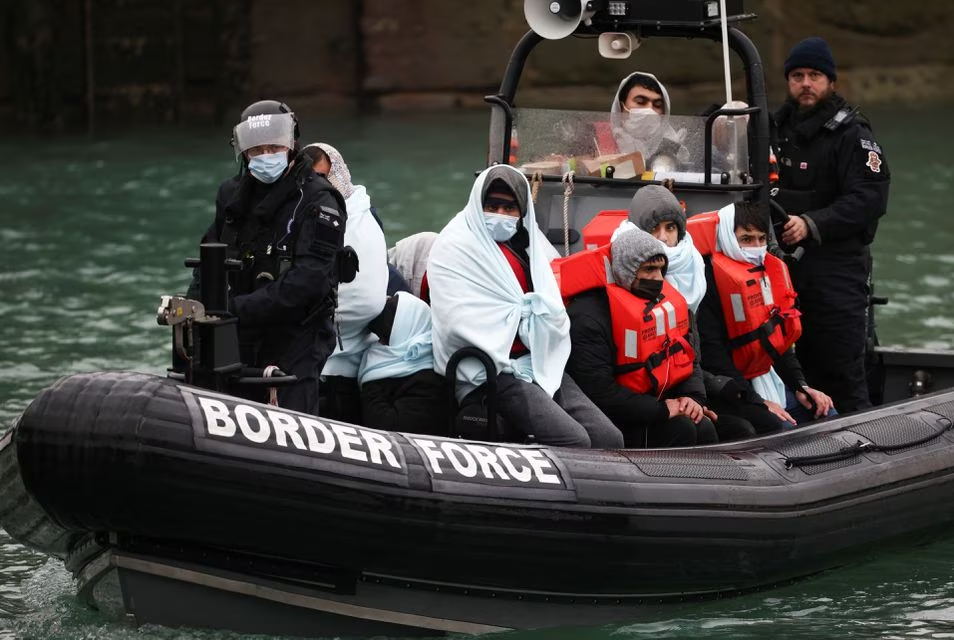
London, March 9 (RHC)-- The United Kingdom government says it is ready for legal challenges to a tough new law intended to stop tens of thousands of people a year from reaching the country in small boats across the English Channel.
Home Secretary Suella Braverman said on Tuesday that the government had “pushed the boundaries of international law” with a bill that will bar asylum claims by anyone who reaches the UK by unauthorised means, and will compel the government to detain and then deport them “to their home country or a safe third country”. “If you come here illegally, it must be that you cannot stay,” Braverman wrote in the Daily Telegraph.
The British government says many of those making the journey are economic migrants, rather than refugees, and points to an upswing last year in arrivals from Albania, a European country that the UK considers safe.
Refugee groups say most of the Channel arrivals are fleeing war, persecution or famine in countries including Afghanistan, Iran and Iraq. A majority of those whose claims have been processed were granted asylum in the UK.
The government says its “Illegal Migration Bill”, being introduced in Parliament on Tuesday, will deter “migrants” and hobble smuggling gangs who send desperate people on hazardous journeys across one of the world’s busiest shipping lanes.
Prime Minister Rishi Sunak said the law would “take back control” of UK borders – a central pledge of the successful but divisive campaign to take Britain out of the European Union. Critics say the plan is unethical and unworkable, since people fleeing war and persecution cannot be sent home, and is likely to be the latest in a series of unfulfilled immigration pledges by successive UK governments.
“The bill will not stop small boats crossing the Channel. It will only add to the trauma of the people in these boats, while further damaging Britain’s global reputation for fairness and compassion,” said Laura Kyrke-Smith, executive director of the humanitarian group International Rescue Committee.
Britain receives fewer asylum seekers than some European nations such as Italy, Germany or France. But thousands of people from around the world travel to northern France each year in hopes of reaching the UK, drawn by family ties, the English language or the perceived ease of getting a job.
Most attempt the journey in dinghies and other small craft now that authorities have clamped down on other routes such as stowing away on buses or trucks. More than 45,000 people arrived in Britain by boat in 2022, up from 28,000 in 2021 and 8,500 in 2020. Most went on to claim asylum, but a backlog of more than 160,000 cases has led to many languishing in overcrowded processing centres or hotels, without the right to work.
The charities say refugees and migrants risk the cross-channel journey because there are few safe, legal ways to reach the UK.
The government says that once its new law is in place it will establish more legal paths to asylum, adding to those set up for Afghanistan, Hong Kong and Ukraine. But it has not said how many asylum seekers will be admitted, or when the programme will start.
It is also unclear what safe third countries will be willing to take in people deported from Britain. A plan announced by the UK last year to send people arriving in Britain on a one-way trip to Rwanda is mired in legal challenges. No one has been sent to the East African country, though Britain has already paid Rwanda 140 million pounds ($170m) under the deal.

